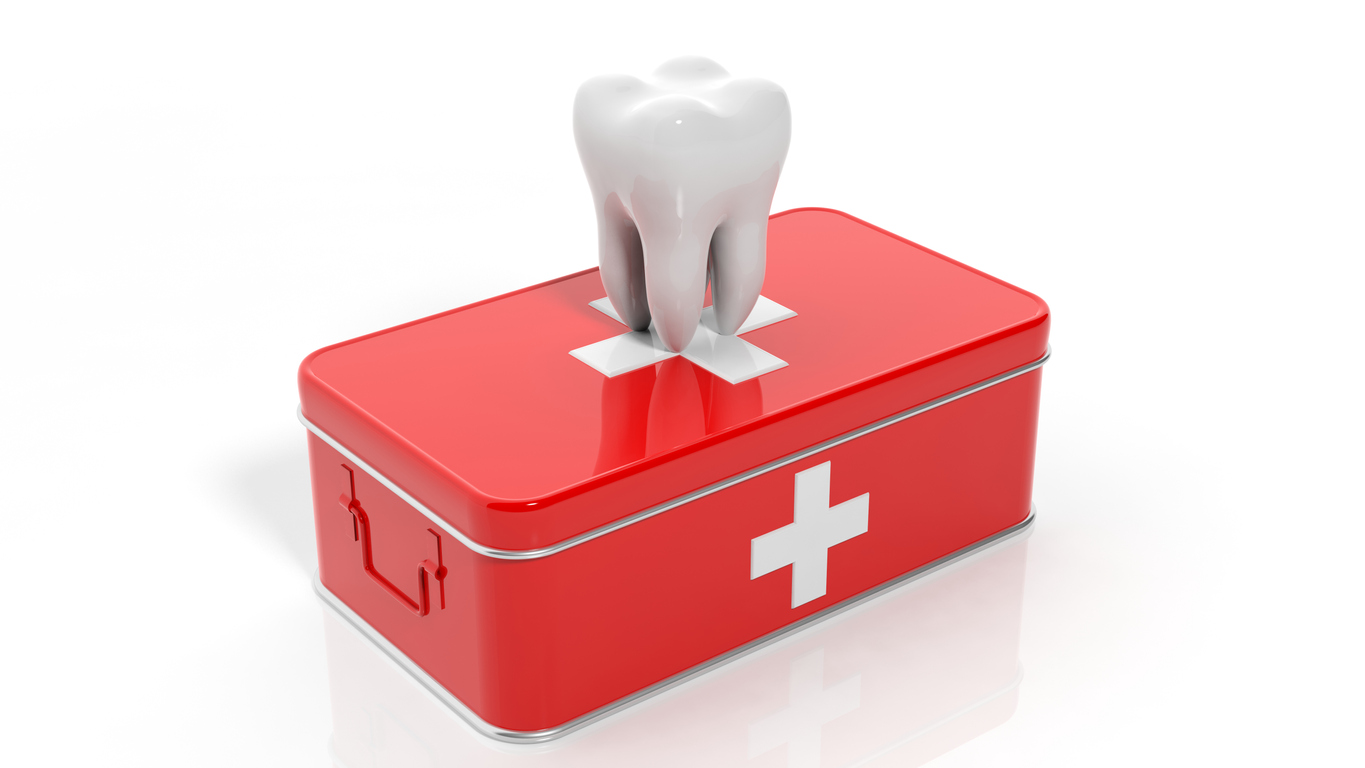Living with Chronic Pain
Oral Health and Chronic Pain

Living with chronic pain can affect various aspects of overall health, including oral health. Certain medical conditions, medications commonly used to treat chronic pain, and challenges with dental hygiene practices can cause oral health issues.
Medical conditions
Overall health and oral health are inherently connected. For example, certain medical conditions, such as diabetes, rheumatoid arthritis, and Sjogren’s syndrome, can lead to oral health complications:
- Diabetes reduces the body’s resistance to infections, including gum disease.
- Several studies show a link between individuals with rheumatoid arthritis and periodontal disease.
- The autoimmune disease Sjogren’s syndrome decreases the amount of saliva in the mouth, which can cause tissue inflammation and lead to tooth decay and gum disease.
Medications
While medications are often necessary to treat chronic pain, they can cause a range of side effects, including side effects that affect oral health.
Similar to the effects of Sjogren’s syndrome, many drugs are known to reduce the amount of saliva in the mouth, potentially leading to tooth decay and gum disease. Medications that may cause a reduction in saliva include narcotic pain medications, antidepressants and antihistamines.
Some medications contain sugar as an added ingredient. Long-term use of these medications can lead to tooth decay. Other medications, including certain antibiotics, can lead to staining and discoloration of the teeth. In some cases, corticosteroids and antiepileptic drugs can even lead to the loss of bone that supports the teeth.
The benefits of a medication should always be weighed against the possible side effects. Before taking a new medication, the benefits vs. the risks should be thoroughly discussed with a health care provider.
Oral hygiene challenges
Oral hygiene practices may be affected by chronic pain. Fatigue, pain in the hands and wrists, and other bodily pain can make brushing and flossing the teeth difficult. When living with chronic pain, helpful tips for brushing and flossing the teeth include adding a tennis ball or bicycle grip to the end of a toothbrush, using floss picks or threaders, or purchasing toothpaste in a pump instead of a tube.
Oral hygiene practices can also be affected by the mental aspects of living with chronic pain. Depression is often a comorbidity of chronic illness and can lead to a lack of self-care, including poor oral hygiene.
If medications used to cope with chronic pain cause lethargy, fatigue or memory impairment, setting an alarm or using another reminder method can help to ensure regular brushing and flossing.


















